We've all heard about Probiotics but what are Prebiotics and why do you need them?
Your digestive health mainly depends on your diet, lifestyle and genetics. A balanced gut requires an optimum amount of certain bacteria for proper digestion. An imbalance in the gut might cause a variety of unpleasant gastrointestinal problems, such as bloating and upset stomach. Let's explore some of the major health benefits of probiotics and prebiotics.
What are Probiotics?
You could easily optimize your digestive health by adding an adequate amount of probiotics to your diet. These are abundant bacterial colonies that naturally thrive inside your digestive system. Such living microorganisms provide plenty of benefits for your entire gut biome. When you add extra probiotic sources to your intestines, you will facilitate the digestion process. By increasing the population of good bacteria in your gut, you will neutralize any negative effects from any existing harmful bacteria. When probiotics naturally thrive inside your digestive system, they will produce waste products that are known as postbiotics. Fermentation is the most common process that yields such waste from the good bacteria inside your gut. For example, probiotic bacteria will continuously produce butyrate, which is a type of chemical compound with short-chain fatty acids. Butyrate is an excellent indicator of the presence of good bacteria inside your body. Besides regulating digestive procedures, this compound could regulate blood sugar levels. Probiotics stimulate proper and regular bowel movements between meals. The live bacteria will reduce the potential for constipation, diarrhea and other irregularities.
Good Sources of Probiotics
You could improve your gastrointestinal health by eating foods that are naturally loaded with probiotics. Yogurt, kefir, milk, cheese and some other dairy products are widely available with the gut-friendly bacteria. There are plenty of other fermented foods that contain such helpful bacteria, including sauerkraut, kimchi and various other types of pickled vegetables. If you enjoy eating sour food, then you'll have have a wealth of options for naturally occurring probiotics.
What are Prebiotics?
After understanding the basic anatomy and physiology of your gut biome, you'll be inspired to alter and sustain your diet. Prebiotics essentially provide food and energy for the live probiotics inside your intestines. The human body can't properly digest certain types of fiber that's naturally found in plants. However, such fiber is readily consumed and broken down by the good bacteria inside your gut. As the good bacteria populations feed on the fiber, they will quickly grow and sustain themselves.
Good Sources of Prebiotics
Prebiotics are found in a wide range of fruit and vegetables. You could improve your gut biome by eating plenty of food that's loaded with fiber. Some excellent sources of prebiotics include Jerusalem artichoke, dandelion greens, chicory root and garlic. If you'd like more flavorful sources to feed the good gut bacteria, simply eat bananas, apples and cocoa.
By understanding the difference between probiotics and prebiotics, you will optimize your digestive health. There are lots of natural food sources for boosting your overall gastrointestinal health. Support your gut by taking a prebiotic supplement like Klora Gut-Renew to help maintain a healthy balance of beneficial bacteria inside your gut.

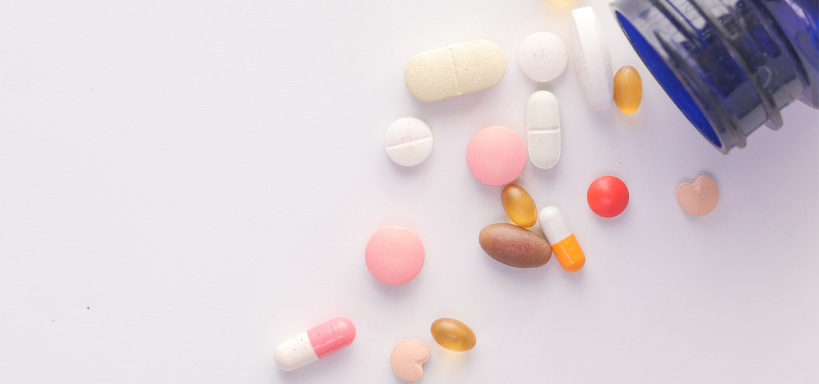

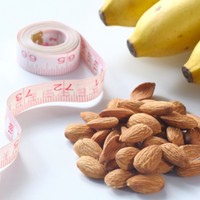
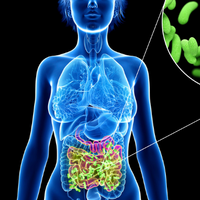
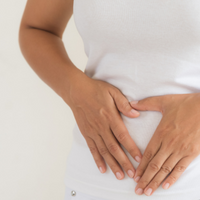
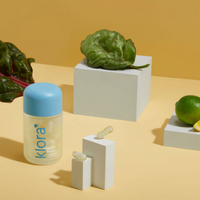
0 comments